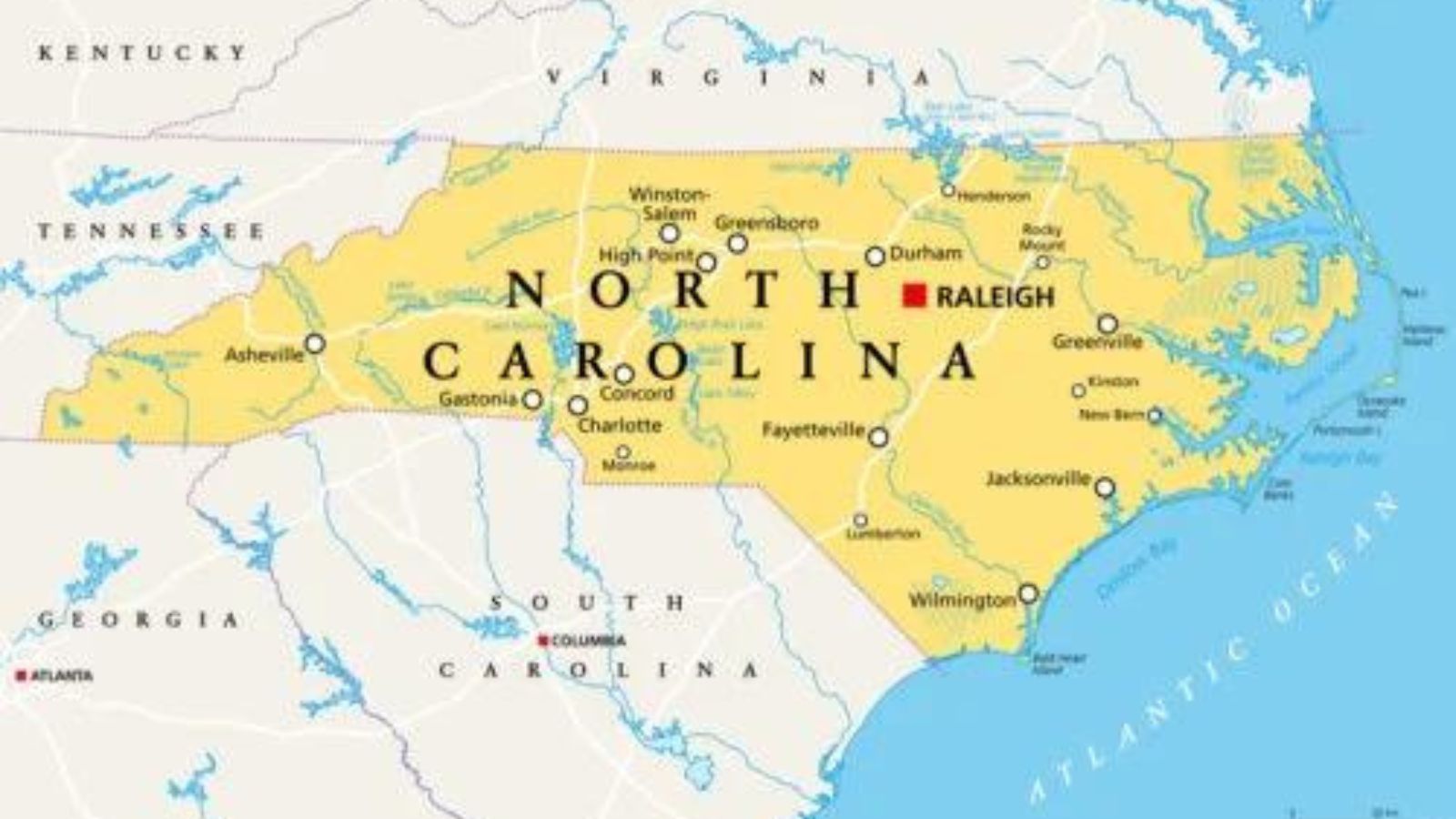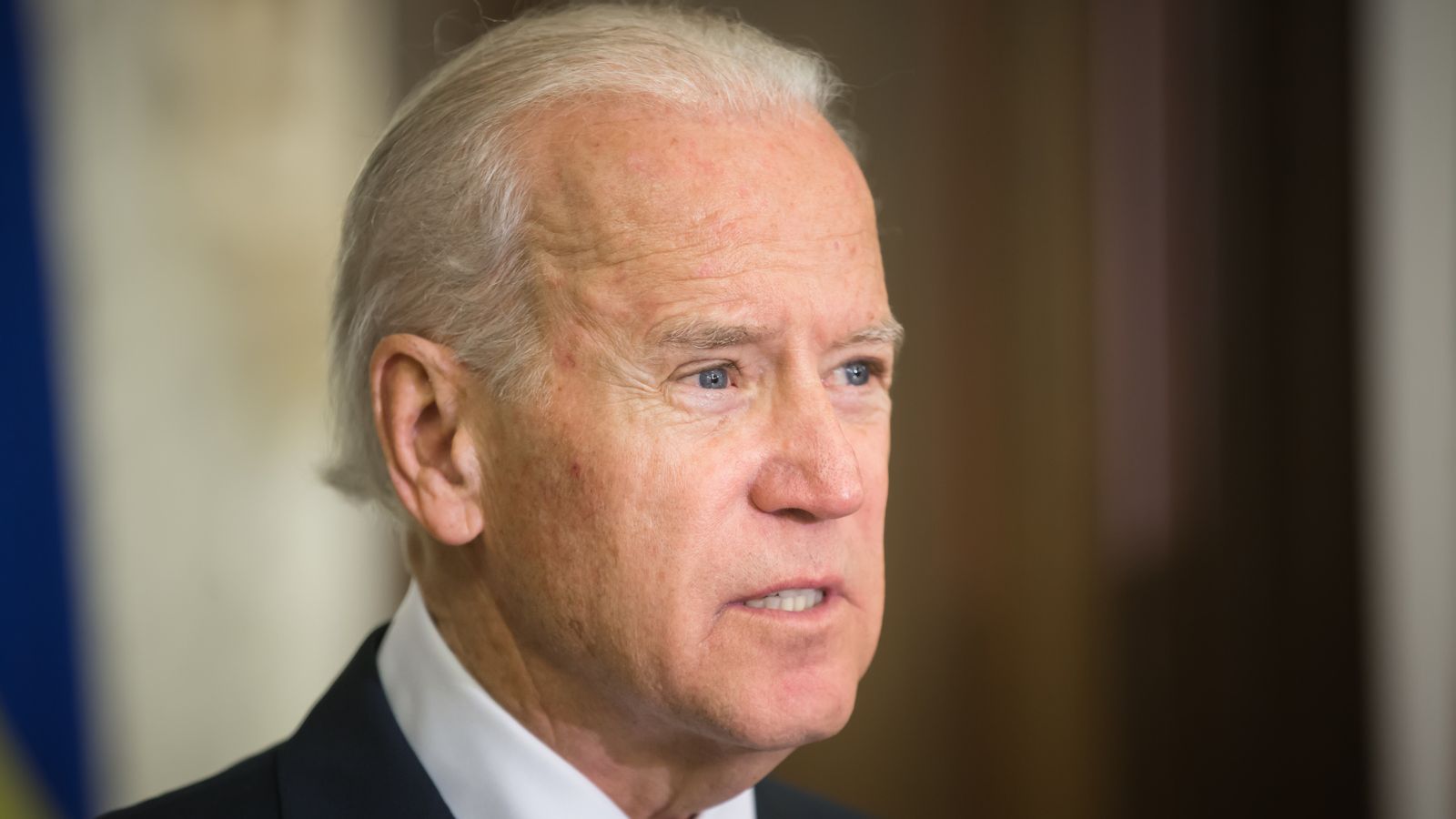The United Nations Foundation is crucial in shaping climate policy across Democratic-led states.
This discussion delves into the strategic funding and staffing that fuel state-level environmental initiatives.
Strategic Beginnings

The United Nations Foundation, born in the 1990s, supports global U.N. initiatives.
It’s playing a pivotal role in driving climate policy across the United States.
A Coalition for Climate

This Foundation is the backbone of the U.S. Climate Alliance, a group formed to ensure environmental policy coordination among Democrat-led states after the U.S. exited the Paris climate accords.
Funding the Future

Millions of dollars have been directed by the Foundation to state governments.
The funds have been allocated to cover salaries for key officials in climate policy roles.
The Financial Flow

Between 2020 and 2022, $5.4 million was funneled to 12 states.
The grants were often labeled for “UN strengthening,” showcasing a significant investment in climate initiatives.
Michigan’s Climate Staffing

Michigan saw $451,000 routed through the University of Michigan to support climate policy staffing.
This is a strategic move to bolster state-level environmental planning.
North Carolina’s Notable Support

North Carolina emerged as a major beneficiary.
The state received $1.2 million that supported various environmental efforts within the state’s government offices.
Concerns from New Mexico

In New Mexico, the infusion of funds raised alarms about external influence on public policy.
This sparked calls for transparency from Republican leaders.
The Transparency Debate

Questions about the transparency of these funds have prompted leaders to demand a more precise understanding.
They seek insight into how this money is being used to shape climate policy.
The Strategic Staffing

The grants have enabled states like Michigan to hire dedicated climate policy staff.
This highlights the targeted approach to advancing environmental goals.
Michigan’s Climate Ambitions

These staff members play crucial roles in developing comprehensive climate plans.
They aim for carbon neutrality and enhancing the state’s environmental policies.
The Accountability Question

Critics argue this setup risks prioritizing external agendas over local needs.
It challenges the integrity of governmental decision-making.
A Defense of Partnership

Supporters counter that such partnerships are essential for addressing the climate crisis.
They emphasize the need for resources to combat environmental threats.
The Funding Web

The Foundation’s efforts are backed by significant contributions from philanthropic organizations and corporations.
It underscores the broad support for climate initiatives.
The Role of Philanthropy

Major donors like the Gates and Bezos Earth Fund have poured millions into supporting these environmental strategies.
This reflects the wide-ranging support for the Foundation’s work.
A Call for Clarity

The grants have enabled states like Michigan to hire dedicated climate policy staff.
This demonstrates the targeted approach to advancing environmental goals.
Read More From The Stock Dork



 Tags:
Tags:










